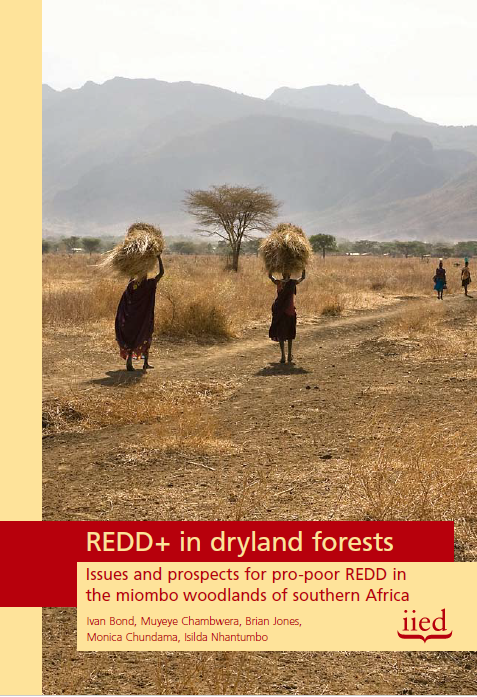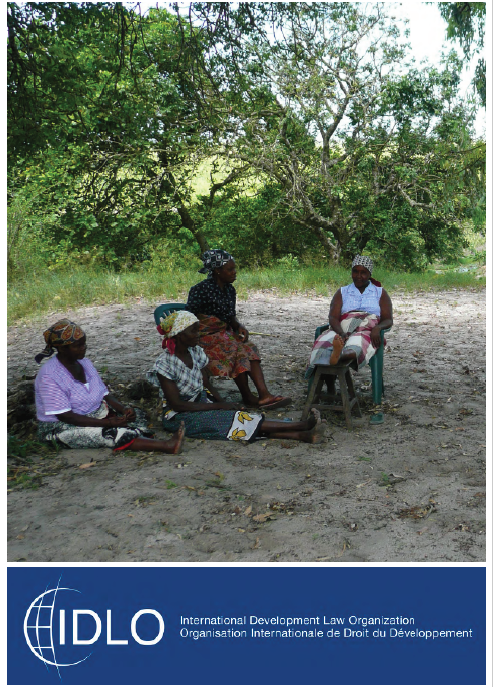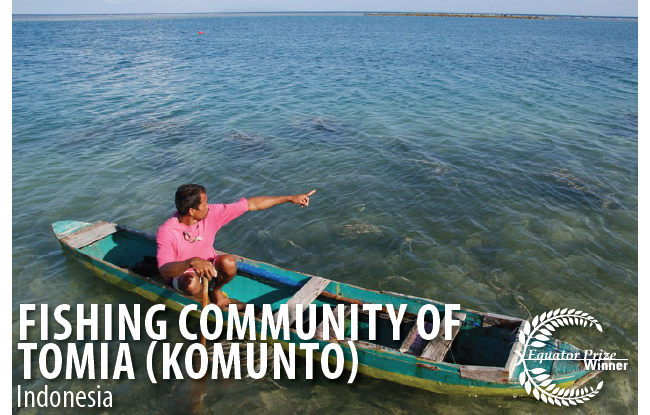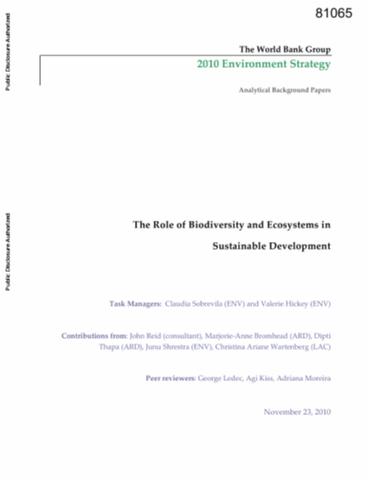Recasement, indemnisation et droits des populations dans la zone du barrage de Taoussa (Mali)
La présente étude, réalisée sur les conditions de déplacement des populations dans le contexte du project d'amenagment de Taoussa, entend analyser la nature du « contrat social » entre l’Etat et les populations locales autour du barrage. Les modalités matérielles et le cadre juridique de leur recasement seront analysées en vue, d’une part, d’en apprécier l’efficacité, les acquis et les limites pour alimenter le débat sur le partage des bénéfices autour des barrages et, d’autre part, formuler des recommandations susceptibles d’influencer le processus dans l’intérêt de toutes les parties.









